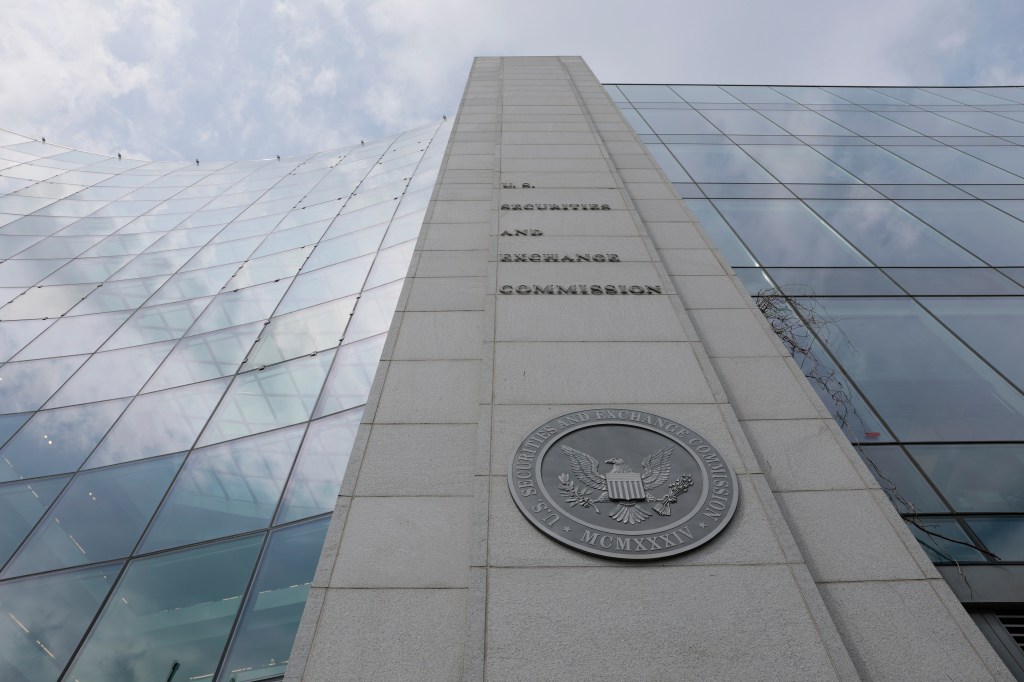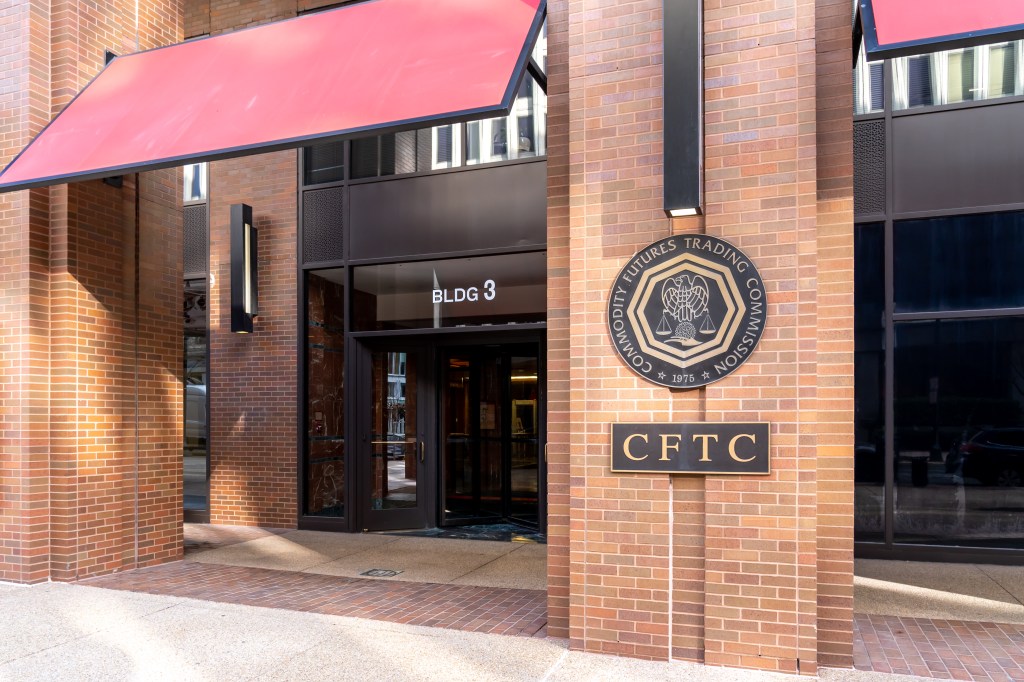In a recent settlement with the US Department of Justice, California-based tech recruiter Epik Solutions has agreed to pay nearly $72,000 in civil penalties and overhaul its hiring policies after being found to have unlawfully favored foreign workers holding H-1B visas over US applicants.
The enforcement action stems from a
Register for free to keep reading
To continue reading this article and unlock full access to GRIP, register now. You’ll enjoy free access to all content until our subscription service launches in early 2026.
- Unlimited access to industry insights
- Stay on top of key rules and regulatory changes with our Rules Navigator
- Ad-free experience with no distractions
- Regular podcasts from trusted external experts
- Fresh compliance and regulatory content every day













